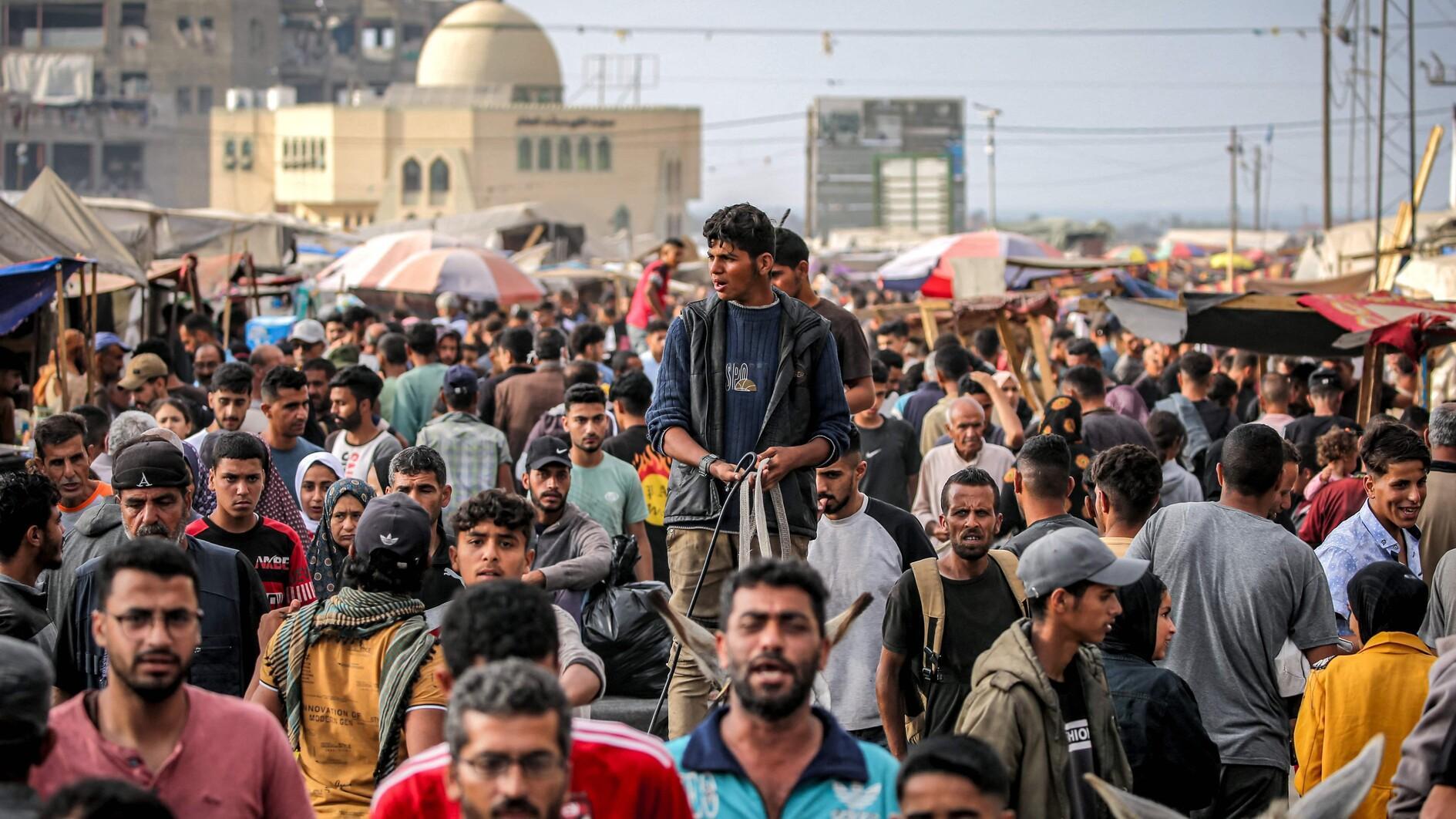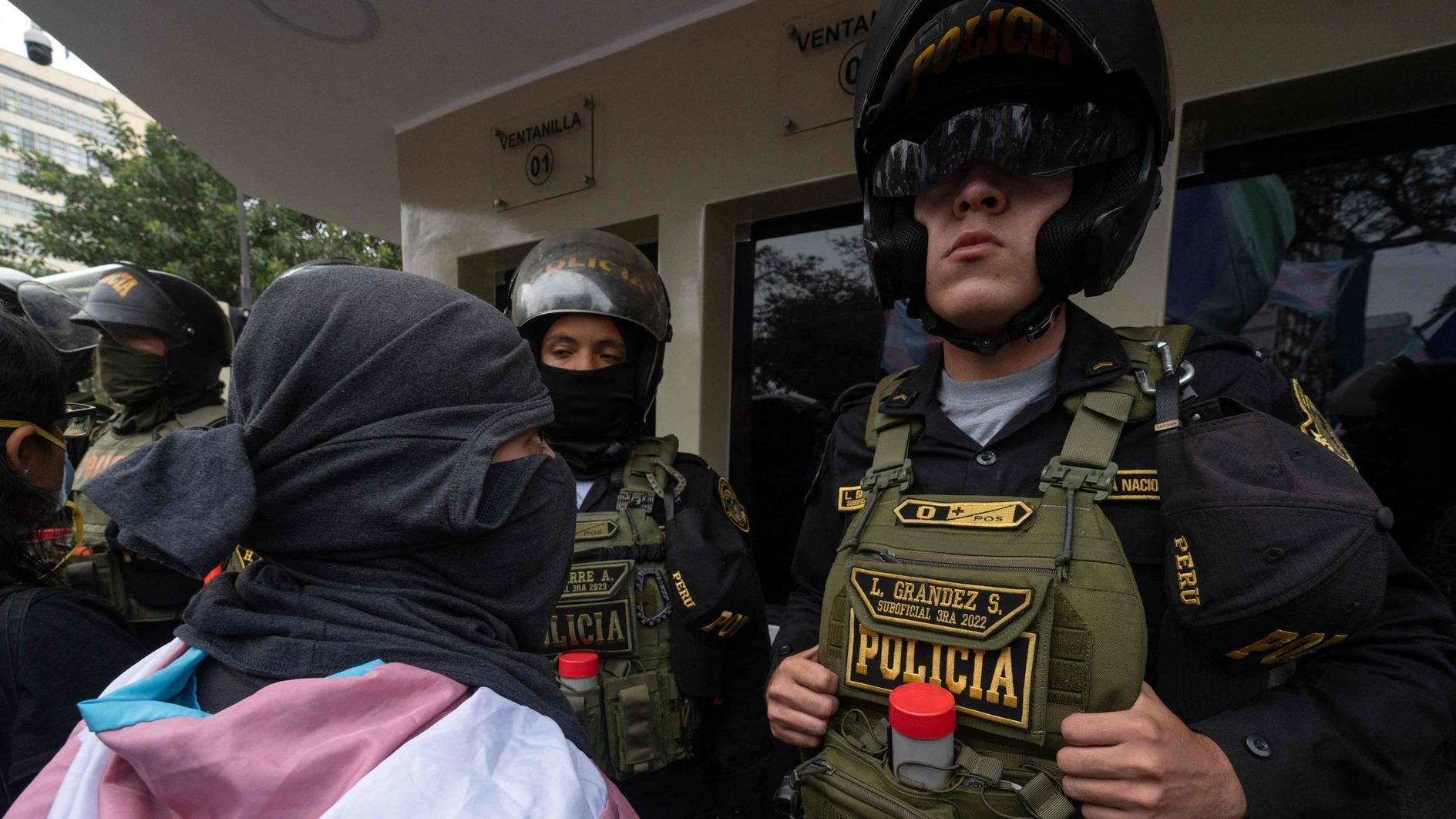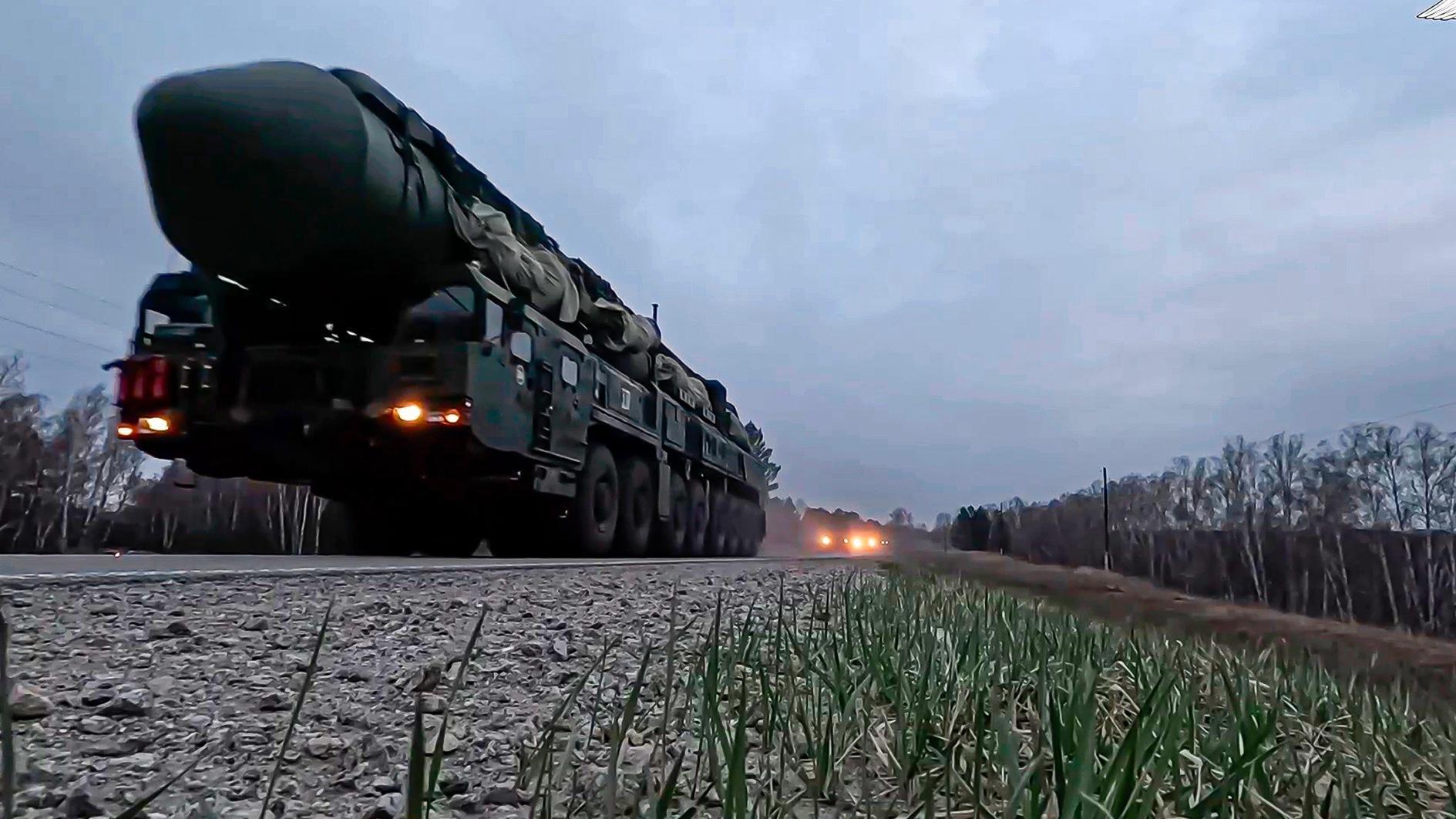Israel orders evacuation from Rafah area in south Gaza
JERUSALEM

The Israeli army on Monday ordered tens of thousands of Palestinians in Gaza's southern city of Rafah to start evacuating from the area, signaling that a long-promised ground invasion there could be imminent.
The announcement complicates last-ditch efforts by international mediators, including the director of the CIA, to broker a cease-fire. The militant Hamas group and Qatar, a key mediator, have warned that invading Rafah — along the border with Egypt — could derail the talks, and the United States has repeatedly urged Israel against the invasion.
Lt. Col. Nadav Shoshani, an army spokesman, said that some 100,000 people were being ordered to move to a nearby Israel-declared humanitarian zone called Muwasi.
He said Israel was preparing a “limited scope operation” and would not say whether this was the beginning of a broader invasion of the city. But after Oct. 7 and the unprecedented attack on southern Israel by Hamas, Israel did not formally announce the launch of a ground invasion that continues to this day.
Overnight, Israeli Defense Minister Yoav Gallant told U.S. Secretary of Defense Lloyd Austin that Israel had no choice but to act in Rafah.
Shoshani said Israel published a map of the evacuation area, and that orders were being issued through air-dropped leaflets, text messages and radio broadcasts. He said Israel has expanded humanitarian aid into Muwasi, including field hospitals, tents, food and water.
Israel's army said on the social platform X that it would act with “extreme force” against militants and urged the population to evacuate immediately for their safety.
Israel's plan to invade Rafah has raised global alarm because of the potential for harm to more than a million Palestinian civilians sheltering there.
"An Israeli offensive in Rafah would mean more civilian suffering and deaths," said the main aid agency in Gaza, the United Nations Agency for Palestine Refugees, UNRWA.
The "limited" and the evacuation order that aimed "to get people out of harm's way" followed a rocket strike on May 5 that Israel's military said came from an area adjacent to Rafah and killed four soldiers.
Negotiators met in Cairo on May 5 without an Israeli delegation present.
According to an earlier statement from Israeli Prime Minister Benjamin Netanyahu's office, he again rejected Hamas's demand to end the war and said "surrendering" to this would amount to defeat.
Speaking at a Holocaust Remembrance Day ceremony in Jerusalem, he denounced a "volcano of anti-Semitism" and international criticism of Israel's war in Gaza.
"If Israel is forced to stand alone, Israel will stand alone," Netanyahu said.
‘Netanyahu’s narrow-mindedness’ aborts truce
In an interview with New York Times, a Hamas official said that the group is about to accept the terms of a ceasefire before Netanyahu’s remarks that the Israeli army will invade Rafah, with or without a truce.
“We were very close, but Netanyahu’s narrow-mindedness aborted an agreement,” Mousa Abu Marzouk said.
For months, the negotiations aimed at achieving a ceasefire and a release of hostages have made little progress but signs the two sides were coming closer to an agreement appeared over the last week.
















